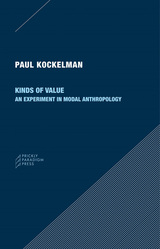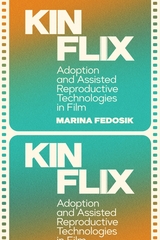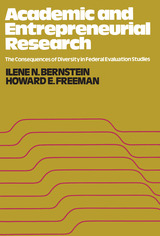
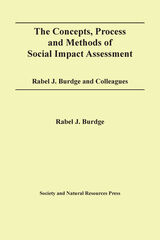
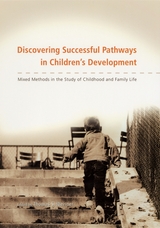
This volume includes new studies of minority and immigrant families, school achievement, culture, race and gender, poverty, identity, and experiments and interventions meant to improve family and child contexts. Discovering Successful Pathways in Children's Development will be of enormous value to everyone interested in the issues of human development, education, and social welfare, and among professionals charged with the task of improving the lives of children in our communities.

A front-burner issue on the public policy agenda today is the increased use of partnerships between government and nongovernmental entities, including faith-based social service organizations. In the wake of President Bush's faith-based initiative, many are still wondering about the effectiveness of these faith-based organizations in providing services to those in need, and whether they provide better outcomes than more traditional government, secular nonprofit, and for-profit organizations. In Faith, Hope, and Jobs, Stephen V. Monsma and J. Christopher Soper study the effectiveness of 17 different welfare-to-work programs in Los Angeles County—a county in which the U.S. government spends 14% of its entire welfare budget—and offer groundbreaking insight into understanding what works and what doesn't.
Monsma and Soper examine client assessment of the programs, their progress in developing attitudes and resources important for finding self-supporting employment, and their experience in finding actual employment. The study reveals that the clients of the more explicitly faith-based programs did best in gaining in social capital and were highly positive in evaluating the religious components of their programs. For-profit programs tended to do the best in terms of their clients finding employment. Overall, the religiously active respondents tended to experience better outcomes than those who were not religiously active but surprisingly, the religiously active and non-active tended to do equally well in faith-based programs.
Faith, Hope, and Jobs concludes with three sets of concrete recommendations for public policymakers, social service program managers, and researchers.
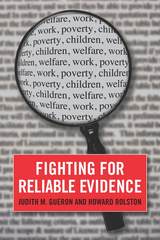
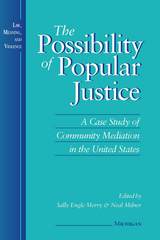
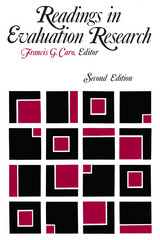
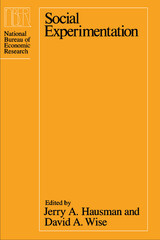
The first section of the book looks at four types of experiments and what each accomplished. Frank P. Stafford examines the negative income tax experiments, Dennis J. Aigner considers the experiments with electricity pricing based on time of use, Harvey S. Rosen evaluates housing allowance experiments, and Jeffrey E. Harris reports on health experiments. In the second section, addressing experimental design and analysis, Jerry A. Hausman and David A. Wise highlight the absence of random selection of participants in social experiments, Frederick Mosteller and Milton C. Weinstein look specifically at the design of medical experiments, and Ernst W. Stromsdorfer examines the effects of experiments on policy. Each chapter is followed by the commentary of one or more distinguished economists.
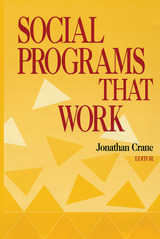
READERS
Browse our collection.
PUBLISHERS
See BiblioVault's publisher services.
STUDENT SERVICES
Files for college accessibility offices.
UChicago Accessibility Resources
home | accessibility | search | about | contact us
BiblioVault ® 2001 - 2025
The University of Chicago Press


